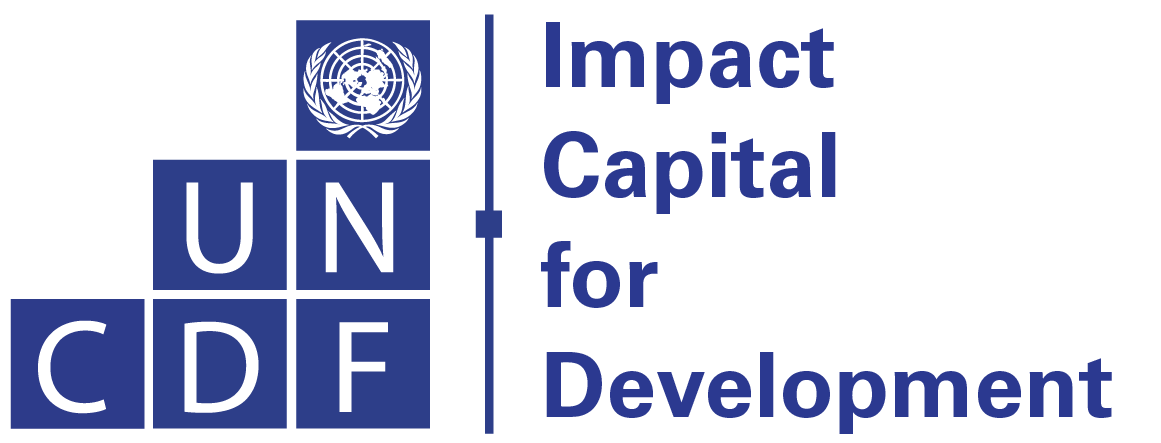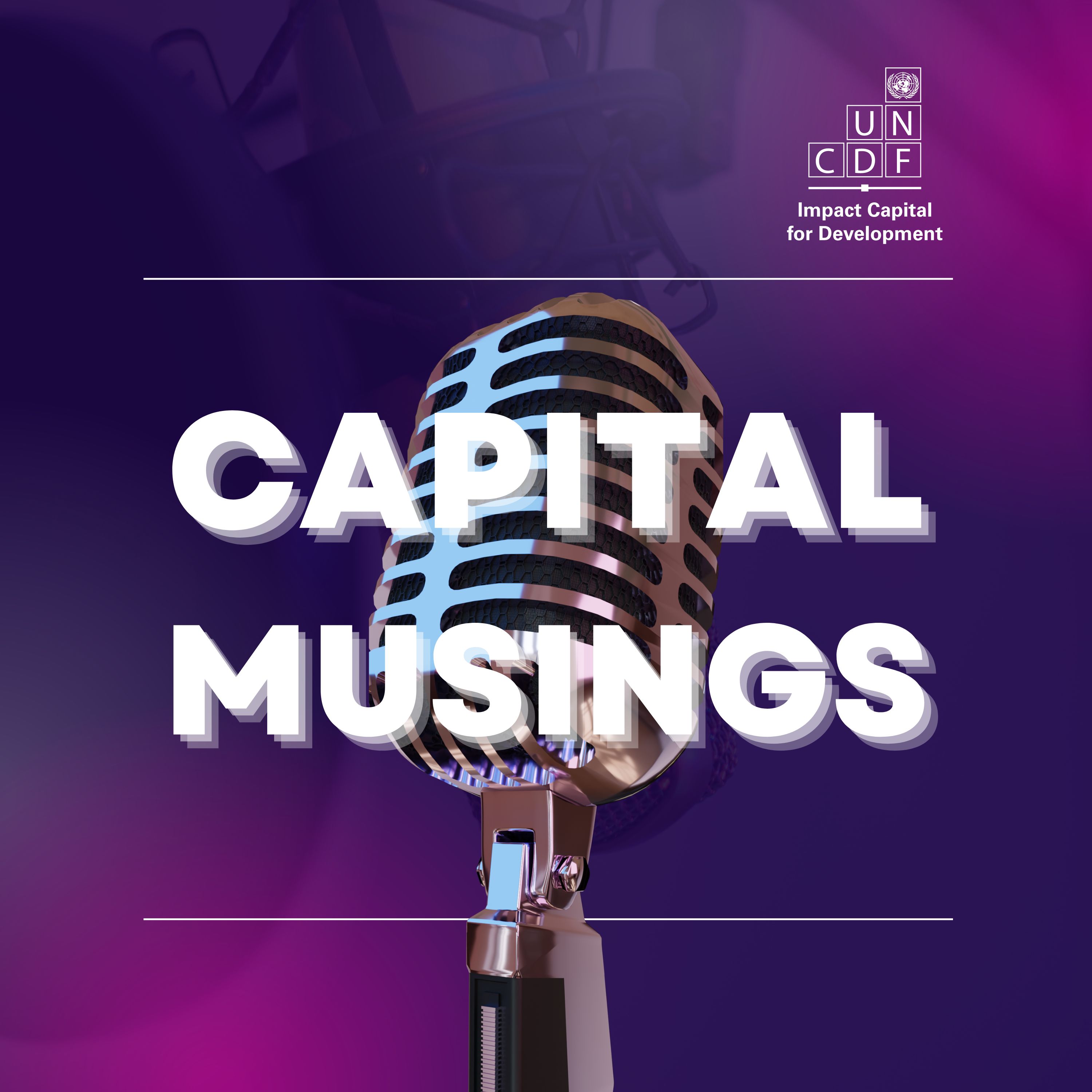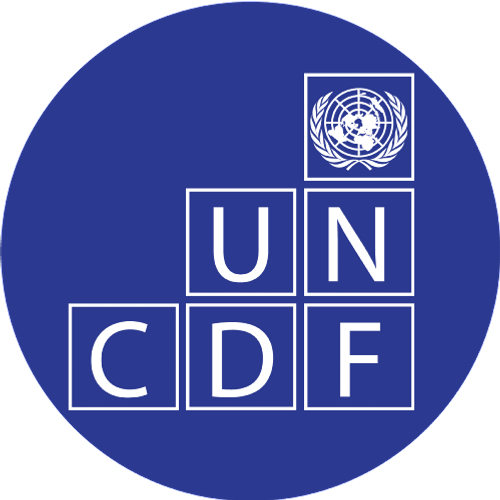Episode 11
#11 Why Women's Economic Empowerment Requires Digital Payments?
To all of the supporters of UNCDF and Capital Musings, we are thinking of all of you and we hope that you are navigating through this time as best as possible. You can find up-to-date information, guidance, and media resources on COVID-19 by going to the World Health Organization's website, https://www.who.int.
Thank you.
___
Several weeks ago, there was a question regarding sustainable development that we wanted to address: what is the connection between transitioning from cash to digital payments and achievement of women's economic empowerment and gender equality? This one question led to others: Where is successful cash digitization currently taking place? Why is 2020 such a critical year for women in the context of economic empowerment? And what is the call to action to governments, international organizations, and the private sector?
We were fortunate enough to have Dr. Ruth Goodwin-Groen, Managing Director of the Better Than Cash Alliance, join us for Episode 11 of Capital Musings. The Better Than Cash Alliance is a partnership of governments, companies, and international organizations that accelerates the transition from cash to digital payments to advance the Sustainable Development Goals.
Note: This was recorded on February 25th


